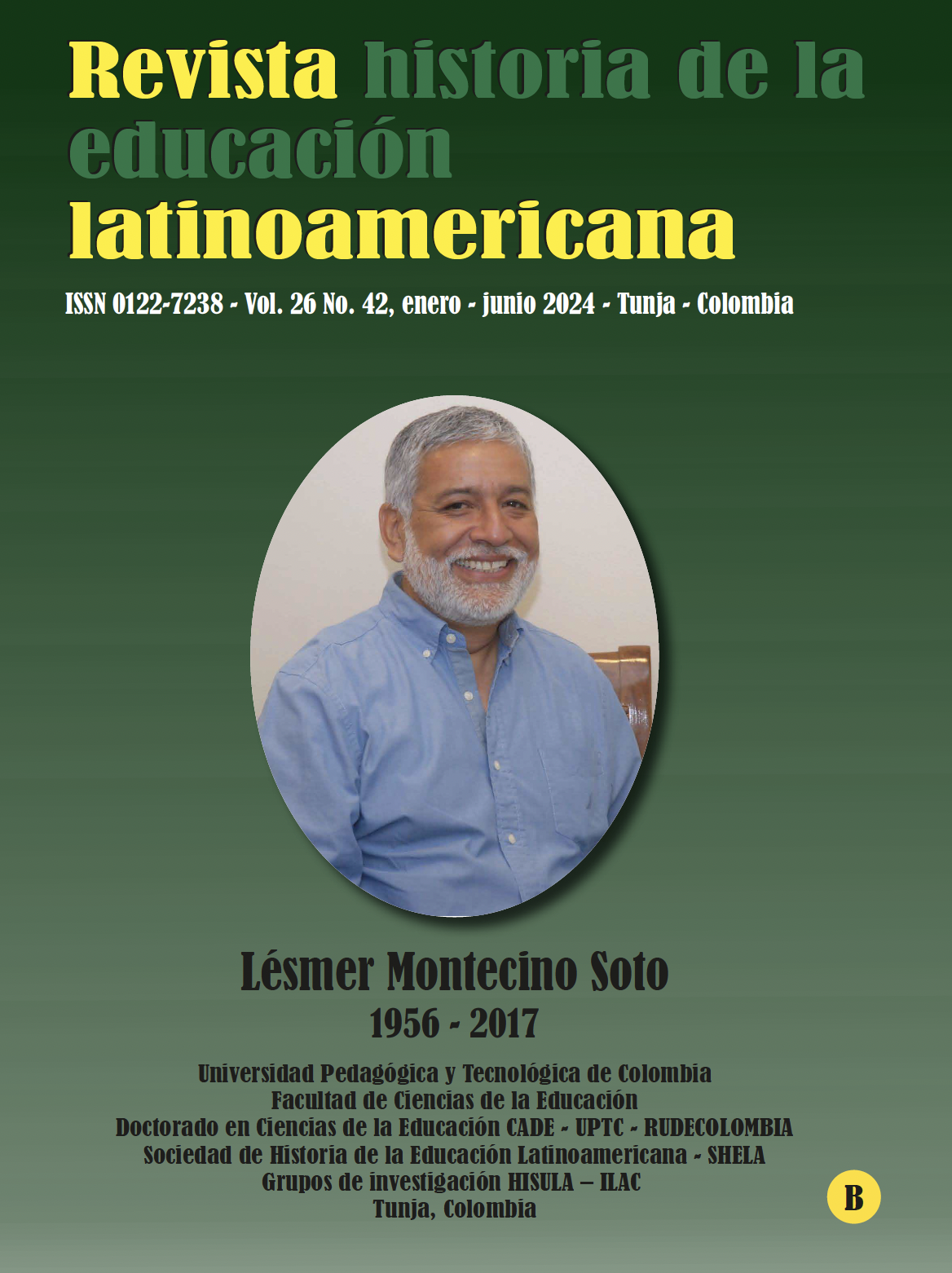Studying Discursive Development: A Socio-Psycho-Discursive Approach

Abstract
Objective: This paper aims to provide a methodological proposal within the field of discourse studies.
Originality/support: It offers a guide to systematize the methodological steps involved in formulating a research problem and constructing an analytical framework within the realm of discourse studies from a socio-psycho-discursive perspective.
Method: This paper reflects upon the methodological decisions made during my journey as a researcher and illustrates them with examples drawn from one of my research projects on narrative development.
Data collection strategies: The paper reviews the publications upon which the methodological reflections presented here are based.
Conclusions: To guarantee the validity of the formulation of a research problem, as well as the construction of an analytical framework in a discourse-related study, it is necessary to follow carefully planned steps and situate them within a relevant and compatible theoretical and methodological framework.
Keywords
Method, research problem formulation
Author Biography
Martha Shiro
Professor Emeritus de la Universidad Central de Venezuela, Affiliate Professor, Florida Atlantic University, autora de varias publicaciones entre la que se destacan Shiro, Martha. 2021. Usos y funciones de las interjecciones en conversaciones de niños bilingües de 30 meses. En M. Cavalcante e I. Barros (orgs). Linguagem: Adquisiçao da fala e da escrita, pp. 81-105. Campinas: Pontes Editores. 2022. Shiro, M. y Bolívar, E. 2022. Conocimiento previo y por construir en artículos de investigación en lingüística. En M. Shiro, A. Bolívar y J. Marinkovich (eds). Procesos de aprendizaje de la lengua escrita, pp. 243-271. Teoría y Práctica. E-book. Líquido Editorial, shiromartha@gmail.com
References
- Alliende, Felipe, Mabel Condemarín y Neva Miliciç. “Prueba CLP Formas Paralelas, para la aplicación de la Prueba de Comprensión Lectora de Complejidad Lingüística Progresiva: 8 niveles de lectura”. Santiago: Universidad Católica de Chile, 1982.
- Austin, John L. How to do things with Words. Londres: Clarendon Press, 1962.
- Bachelard, Gaston. La formación del espíritu científico. Contribución a un psicoanálisis del conocimiento objetivo México, D.F.: Siglo XXI editores,1984.
- Bakhtin, Mikhail M. Speech Genres and Other Late Essays. Austin, TX: University of Texas Press, 1986.
- Berstein Ratner, Nan. “An introduction to Psycholinguistics: What do language users know?”. En Psycholinguistics, editado por Jean Berko Gleason y Nan Bernstein Ratner. Forth Worth, TX: Harcourt Brace College Publishers, 1998, 1-50.
- Bolívar, Adriana. “La definición del corpus en los estudios del discurso”. Revista Latinoamericana de Estudios del Discurso (ALED) 13, n.o l (2013): 3-8.
- Brown, Gilian y Yule George. Discourse analysis. Londres: Longman, 1983.
- Bruner, Jerome. Acts of meaning. Boston: Beacon Press, 1990.
- Cameron, Deborah e Iván Panović. Working with Written Discourse. Los Angeles: Sage publications, 2014.
- Dunn, Lloyd M., Eligio R. Padilla, Delia E. Lugo y Leota M. Dunn. TVIP - Test de vocabulario en imágenes Peabody. Circle Pines, MN: American Guidance Service Publisher, 1986.
- Garman, Michael. Psycholinguistics. Cambridge: Cambridge University Press, 1990.
- Grice, H. Paul. “Logic and conversation”. En Syntax and semantics vol. 3: Speech acts, editado por. Peter Cole y Jerry L. Morgan. Nueva York: Academic Press. 1975, 41-58.
- Halliday, Michael A. K. "Categories of the Theory of Grammar". Word 17, n.o 2 (1961): 241-292.
- Halliday, Michael A. K. Language as social semiotics. Londres: Edward Arnold, 1978.
- Halliday, Michael A. K. y Christian Matthiessen. An Introduction to Functional Grammar. Londresn, Hodder Arnold, 2004.
- Heath, Shirley Bryce. Ways with words. Language, Life and Work in Communities and Classrooms. Cambridge: Cambridge University Press, 1983.
- Labov, William. Language in the inner city. Studies in the Black English Vernacular. Filadelfia, PA: University of Pennsylvania, 1972.
- MacWhinney, Brian. The CHILDES Project: Tools for Analyzing Talk. Hillsdale, NJ: Lawrence Erlbaum, 1995.
- Preece, Alison. “The range of narrative forms conversationally produced by young children”. Journal of Child Language 14, n.o 2 (1987): 353-73.
- Shiro, Martha. “Aprender a hablar, a leer y a escribir: desarrollo de lenguaje en diferentes etapas y contextos”. En Enfoques latinoamericanos de análisis de discurso, coordinado por Oscar Iván Londoño Zapata. Buenos Aires: Editorial Biblos, 2024 (en prensa).
- Sinclair, John McH. y Malcolm Coulhard. Towards and Analysis of Discourse. Oxford: Oxford University Press, 1975.
- Swales, John M. Research Genres. Explorations and Applications. Cambridge: Cambridge University Press, 2004.
- Titscher, Stefan, Michael Meyer, Ruth Wodak y Eva Vetter. Methods of Text and Discourse Analysis. Londres: Sage Publications, 2000.
- Vygotsky, Lev S. Mind in society. The Development of Higher Psychological Processes. Cambridge, MA: Harvard University Press, 1978.
